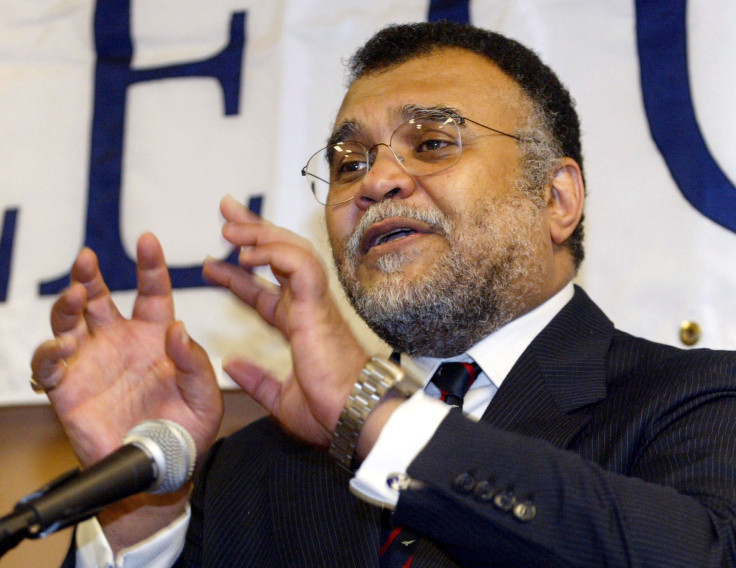Iran Nuclear Deal 'Will Wreak Havoc In The Middle East', Says Former Saudi Ambassador To US

The deal between Western powers and Iran over the latter’s nuclear program “will wreak havoc in the Middle East,” Saudi Arabia’s Prince Bandar Bin Sultan, former head of the kingdom's intelligence services and an ex-ambassador to the United States, warned, in an op-ed published in Lebanon’s Daily Star newspaper on Thursday. The Sunni kingdom of Saudi Arabia, which is America’s closest ally in the Middle East, has long been involved in a proxy war with the Shiite nation of Iran.
“Iran is a major player in the destabilization of the region,” Bandar wrote. “People in my region now are relying on God’s will, and consolidating their local capabilities and analysis with everybody else except our oldest and most powerful ally.”
The nuclear deal between Iran and six major world powers, finalized on Tuesday, provides the Middle Eastern nation relief from crippling economic sanctions in exchange for curbs and oversight on its nuclear program. If Iran abides by the terms of the agreement, which, among other things, requires it to reduce its current stockpile of low-enriched uranium by 98 percent and limit its enrichment capacity, it would regain access to approximately $150 billion worth of frozen assets and money.
This potential windfall has raised alarms not only within the U.S., but also in Saudi Arabia -- a regional Sunni powerhouse -- which fears that Iran might use the money to fund Shiite militants, including Houthi rebels in Yemen and the Bashar Assad regime in Syria.
“Serious pundits in the media and in politics say that President Barack Obama’s Iran deal is deja vu with President Bill Clinton’s North Korean nuclear deal,” Bandar wrote in the column, referring to a 1994 framework agreement between the U.S. and the Asian nation that sought to freeze the latter’s nuclear program.
“I humbly disagree. … President Obama made his decision to go ahead with the Iran nuclear deal fully aware that the strategic foreign policy analysis, the national intelligence information, and America’s allies in the regions intelligence all predict not only the same outcome of the North Korean nuclear deal, but worse,” Bandar wrote.
Earlier, after U.S. President Barack Obama defended the deal at a news conference on Wednesday -- citing the support of “99 percent of the world community” -- Iran’s Supreme Leader Ayatollah Khamenei urged “careful scrutiny” of the text of the agreement.
“You are well aware that some of the six states participating in negotiations are not trustworthy at all,” Khamenei wrote, in a letter addressed to Obama.
© Copyright IBTimes 2024. All rights reserved.












